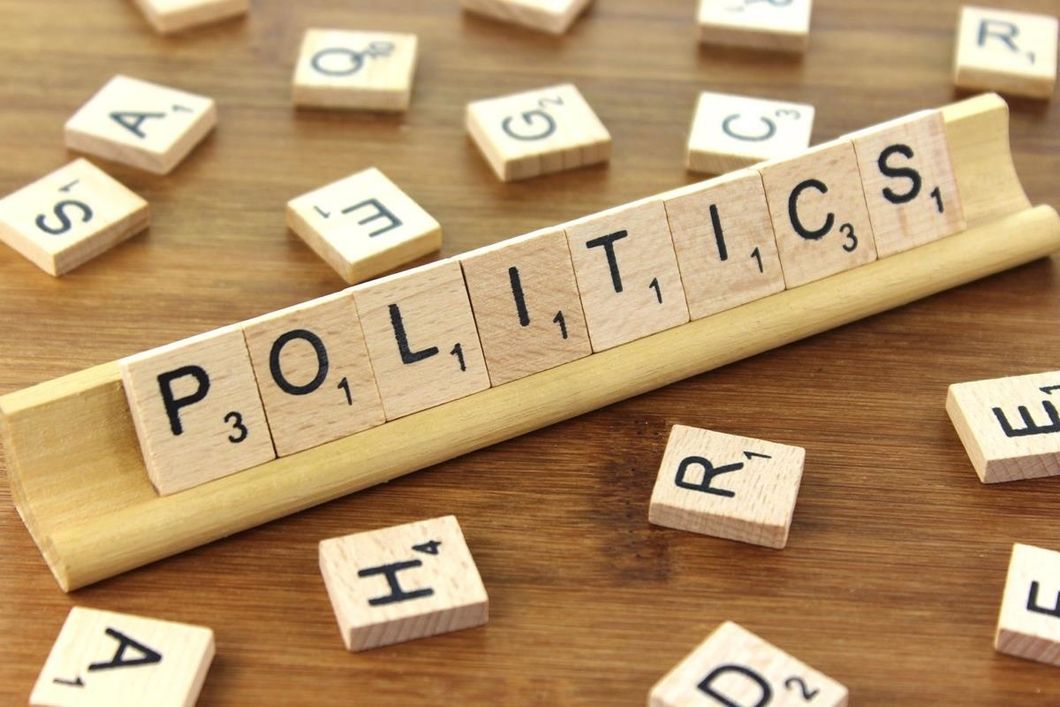News outlets and social media are constantly flooded with politics. You can't go onto your Facebook page for five minutes without running into some form of propaganda or opinionated post. With social media, everyone has a platform to share their opinions, but problems arise when these opinions are filtered through a screen. Behind the buffer of computer and cell phone screens, it becomes easy to disassociate whomever you are talking to from reality. This causes people to become more emboldened with their words and can start to leak over into real life after a while.
Social media combined with the current political climate has created an influx of far-leaning beliefs. You are either a liberal or a conservative, a Democrat or Republican, left or right, and rarely do you find anyone who falls in the middle. Radical ideas also tend to result in radical statements and arguments. Suddenly everyone you disagree with is either a "Nazi" or a "snowflake."
The biggest problem that we face is the refusal to see past party lines. There is a dangerous mentality of "if you're not with me, then you're against me," which simply isn't true. You can believe something without completely denying the problems or oppositions that come along with that belief. You can also believe something and not have to take that belief to the extreme.
Let's take immigration for example. You can believe in stronger border control and still think that separating immigrant families is bad. Or, if you believe that citizenship should be easier for immigrants to obtain, you can still support the idea that those who do come illegally should receive some sort of punishment. It doesn't have to be completely black and white.
It is this refusal to compromise that creates radicalism. There's a big difference between speaking up for what you believe in and throwing everything out the window for what you believe. Some people are willing to throw away entire relationships just to "prove someone wrong."
A phrase that I have been using to describe these situations a lot lately is "listening to respond rather than listening to understand." Instead of having political conversations to help other people understand our stance and for us to understand theirs, we engage in conversation to have ourselves heard. I have been known to get into debates on Facebook or Twitter every now and then and, often times, people don't care about discussing what is right or wrong, but just want to go on believing the way they always have. This is not to say that your goal should be to change someone's view, but having discussions is healthy and important when it comes to politics and current events. Gauging different views and opinions can help us come with new, if not better, solutions to current or potential problems and help make everyone happy instead of just one group. If everyone believed the same things, then there would be no need for government at all.
There is a right and wrong way to go about tough conversations. Throwing insults and ignorance at each other isn't helping anyone; it only serves to push us further apart. If we truly want our country to thrive, we have to stop putting up walls and start listening to each other.
















